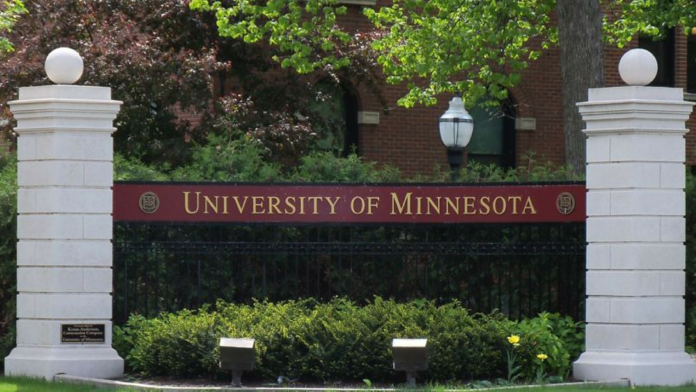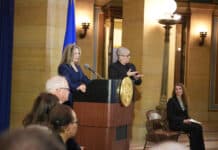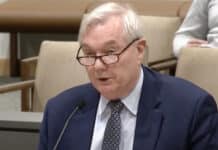
MINNEAPOLIS – The University of Minnesota (UMN) has invited a professor to host a guest lecture on the “existential threat” of whiteness next week.
UMN’s Interdisciplinary Center for the Study of Global Change (ICGC) invited Lisa Anderson-Levy, an anthropology professor at Beloit College, to address faculty members and students on how to “decenter whiteness” in academic institutions. Anderson-Levy’s lecture, titled The Elephant in the Room: A “Grown-Up” Conversation about Whiteness, focuses on the “existential threat” that whiteness poses, calling it one of the “most urgent social dilemmas of our time.”
“Dr. Anderson-Levy argues that whiteness poses an existential threat to social, political, and economic life in the U.S. and proposes that decentering whiteness is one of the most urgent social dilemmas of our time and demands our immediate attention,” the event description states.
This event is part of the ICGC Alumni Lecture Series and is sponsored by UMN. Anderson-Levy graduated from UMN in 2008 with a Ph.D. in Anthropology and Feminist Studies. In her bio on the Beloit College website, Anderson-Levy says she believes teaching is a “political act” because “the production of knowledge involves choices about which voices get heard, which are suppressed, and which are ignored completely.”
Anderson-Levy’s lecture is aimed at analyzing the “logic of white supremacy” and the “intersectional operation of whiteness.” According to the event description, academic institutions can be “poised to either reproduce or interrupt these discourses.” Anderson-Levy encourages those in academic institutions to “decenter whiteness.”
“Analyzing and understanding the intersectional operation of whiteness has the potential to shift paradigms, if there is will and courage,” the event description states. “This presentation prompts us to ask: what might it look like to decenter whiteness in our scholarship, pedagogy, institutional governance, and broader intellectual praxis – including in our budgets, our curricula, our disciplinary genealogies, our interactions with students, and our relationships with each other as colleagues?”
Anderson-Levy is also expected to address white supremacy “contextualizes the ways in which we understand who is a terrorist/what counts as terrorism; who is a patriot/what counts as patriotism; and who is an immigrant and what counts as unfavorable immigration.”
The lecture will take place next Thursday, although a location has yet to be set.















